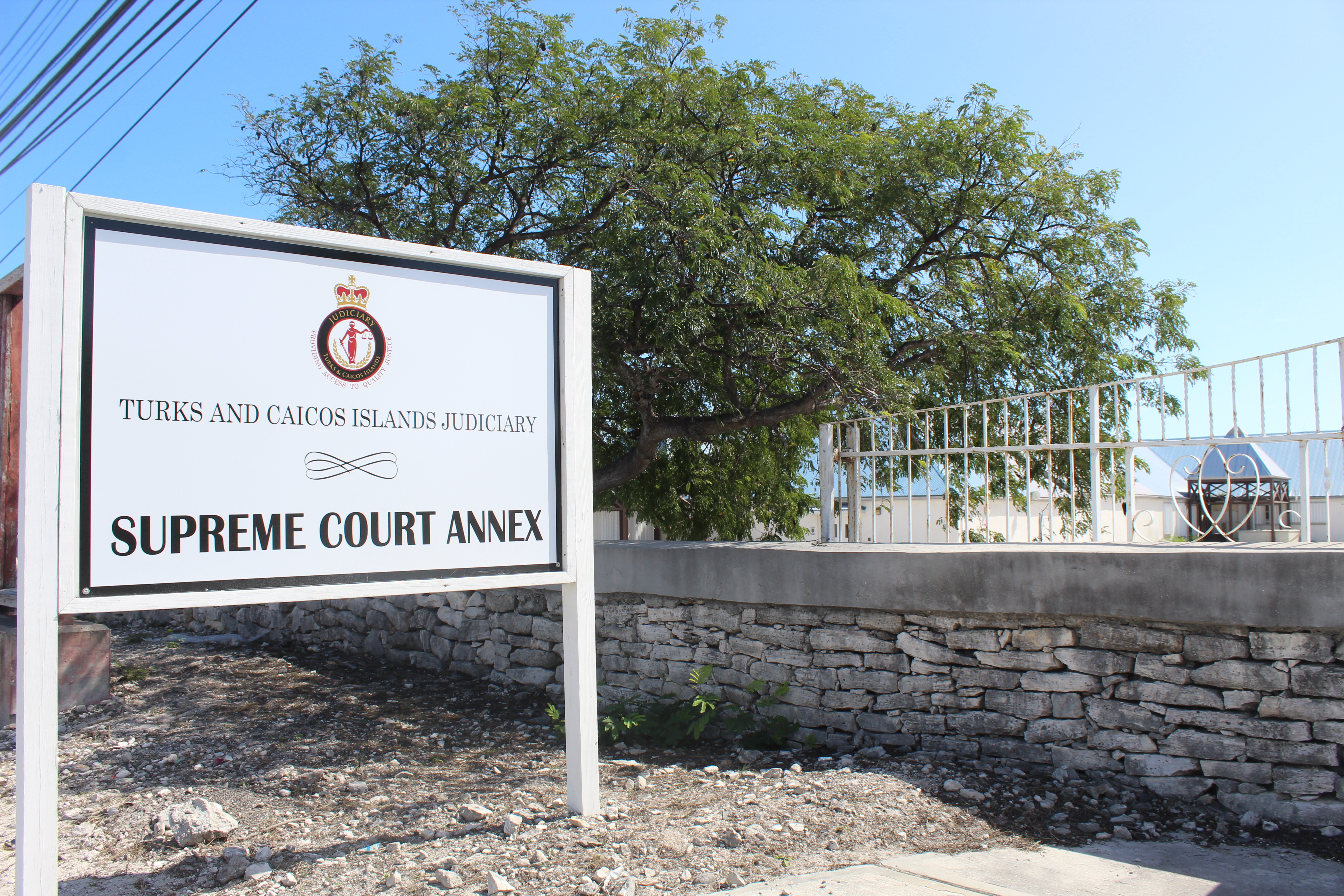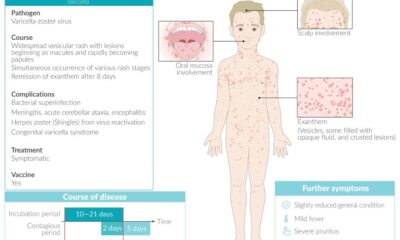#TurksandCaicos, February 16, 2021 – The historic nature of the Special Investigation and Prosecution Team trial has made advancing in the major case one for deep consideration, in light of the sudden passing of Justice Paul Harrison there is a dilemma about how the seven-year-old trial will progress as Harrison, was both judge and jury.
Lead prosecutor in the SIPT case, Andrew Mitchell, QC appeared in person at the sitting Monday morning which was held at the SIPT courtroom in Providenciales.
Mitchell, to onlookers in the court and those tuned in via
video link, seemed to struggle with a convincing reason why he and the Director
of Public Prosecutions should be given more time to convey the future of the
trial.
The session ended with the Chief Justice firmly committing the
Prosecution to a 14-day re-appearance when the succession plan will either be
presented or the case will be struck.
Bail for the eight defendants was also extended.
Chief Justice Mabel Agyeman now presides over the controversial
government corruption matter and rejected the request for more time for the DPP
to establish the way forward in the Crown vs Michael Misick and others.
Mitchell tried to secure 21-days in order for Eugene Otuonye,
QC, Director of the Public Prosecutions Office to engineer the logistics for
continuity of the trial, which is notoriously known as the most high profile,
high cost trial in TCI history.
Expenditure over the years – in a conservative estimate – have come in at well over a $110 million
dollars. The judicial process which brought criminal and civil charges against
as many as 11 individuals, but is now dwindled to eight islanders, has long worn
out its local welcome.
Residents, who in 2008 were eager to have Michael Misick
and his so called “cronies” face justice, are now despondent.
The trial is seen by many as nothing more than a wasted
effort which has made lawyers in the case filthy rich; and proven a travesty of
justice with the TCI public purse, ravaged by the bills for luxury housing,
high cost security, a renovation for a special courthouse and expensive
attorney fees, including those for the defense teams.
The Special Investigation and Prosecution Team trial has
been stymied by a string of pre-trial legal arguments spanning 2014 through to
2016.
Helen Garlick, the original lead prosecutor hired in 2009
vacated the post in 2017.
The proceedings were further waylaid by natural disasters
including hurricanes Irma and Maria and most recently the Coronavirus Pandemic;
which froze activity at the tailor-made court room for the bulk of 2020.
Proceedings reconvened in January 2021 with a plea deal
approved for Lillian Boyce; now a freed defendant who is ordered by the court
to pay a one million dollar fine in a suspended sentence. Some $700k was
delivered up front.
It has been one week since the death of the retired
president of the Jamaica Court of Appeal, Justice Paul Harrison, who had also
come under fire in the early days of the process.
Harrison’s age and stamina were called into question by the
embattled former premier Michael Misick.
Nonetheless, the Justice remained on after being hired in
2014 to preside over the trial which would for the first time in Turks and
Caicos function without a jury.
The celebrated Paul Harrison passed away in his native
Jamaica on Sunday February 7, 2021 after a short bout with illness and at the
age of 83.
The Director of Public Prosecutions has the constitutional
duty to determine if and how the matter will proceed.
The Chief Justice has made it clear however that if there
is no determination by the DPP by March 1, 2021 when court is scheduled to
reconvene; she is prepared to strike the matter which would end the trial.


 Caribbean News7 days ago
Caribbean News7 days ago
 Caribbean News7 days ago
Caribbean News7 days ago
 Caribbean News1 week ago
Caribbean News1 week ago
 Caribbean News7 days ago
Caribbean News7 days ago
 Bahamas News7 days ago
Bahamas News7 days ago
 News7 days ago
News7 days ago
 Bahamas News1 week ago
Bahamas News1 week ago
 News7 days ago
News7 days ago





















